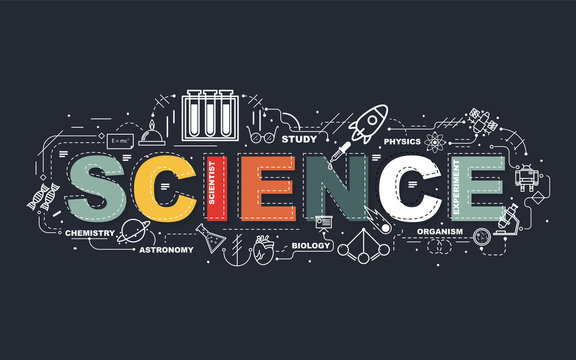Why science is important in our life?
Why science is important in our life?
Science plays a crucial role in shaping our understanding of the world around us and improving our quality of life. From medicine and technology to agriculture and transportation, the advancements made possible by science have had a profound impact on society.
One of the most important contributions of science is in the field of medicine. Medical science has made tremendous strides in the prevention, diagnosis, and treatment of disease. Vaccines and antibiotics have saved countless lives, and modern medical treatments such as chemotherapy and radiation therapy have helped many people recover from serious illnesses.
Science also plays a critical role in the development of new technologies that improve our daily lives. From smartphones and computers to renewable energy sources and self-driving cars, science has made it possible for us to have access to tools that make our lives easier, safer, and more efficient.
In agriculture, science has helped farmers to produce more food with fewer resources, by developing new strains of crops that are resistant to disease, pests, and harsh weather conditions. This has helped to feed the growing global population and improve the standard of living for many people.
In addition, science is important in our understanding of the natural world and the impact of human activity on the environment. Climate science, for example, helps us to understand the causes and consequences of climate change and to develop strategies for mitigating its effects.
In short, science plays a vital role in our everyday lives, and we need to continue to support and invest in scientific research and education to continue making progress and improving our world.
Science is also crucial for the progress of human civilization. Scientific research leads to discoveries and innovations that shape the way we live, work, and communicate. For example, the invention of the internet has revolutionized the way we access information and communicate with each other, and the development of renewable energy sources is helping to address the problem of climate change.
Furthermore, science is important for our personal growth and development. It encourages us to be curious and to question the world around us, and it helps us to develop critical thinking skills that we can apply to other areas of our lives. Science also helps us to understand our place in the universe and to appreciate the beauty and complexity of the natural world.
Science education is also vital for the future of our society. A scientifically literate population is better equipped to understand and engage with the complex issues that are facing our world, such as climate change, pandemics, and the use of technology. With the help of science education, people can make informed decisions about their health and well-being, and about the issues that affect their communities and the world.
Science is also essential for economic growth and development. Scientific research and technological advancements have led to the creation of new industries and jobs, and have helped to increase productivity and efficiency in existing industries. For example, the development of biotechnology has led to the creation of new medicines and medical treatments, and the development of renewable energy sources has helped to reduce our dependence on fossil fuels.
Another important aspect of science is that it is a global endeavor. Scientific discoveries and innovations are not limited by national boundaries, and scientists from all over the world collaborate and share their findings to advance our understanding of the world. This not only leads to greater progress and innovation but also helps to foster greater cultural understanding and cooperation.
Science also helps us to understand and appreciate the diversity of life on Earth. The study of biology and other natural sciences allows us to understand the intricacies of the natural world, and to appreciate the beauty and complexity of living organisms. This understanding can also help us to protect endangered species and preserve biodiversity.
Finally, science also has a role to play in promoting ethical and moral values. The study of science can help us to understand the impact of our actions on the environment and other living organisms and can help us to make more informed decisions about how we use and develop the technology.
In summary, science is important to our lives because it helps us understand the world around us, improve our health and well-being, develop new technologies, and address some of the most pressing challenges facing our society.





Comments
Post a Comment